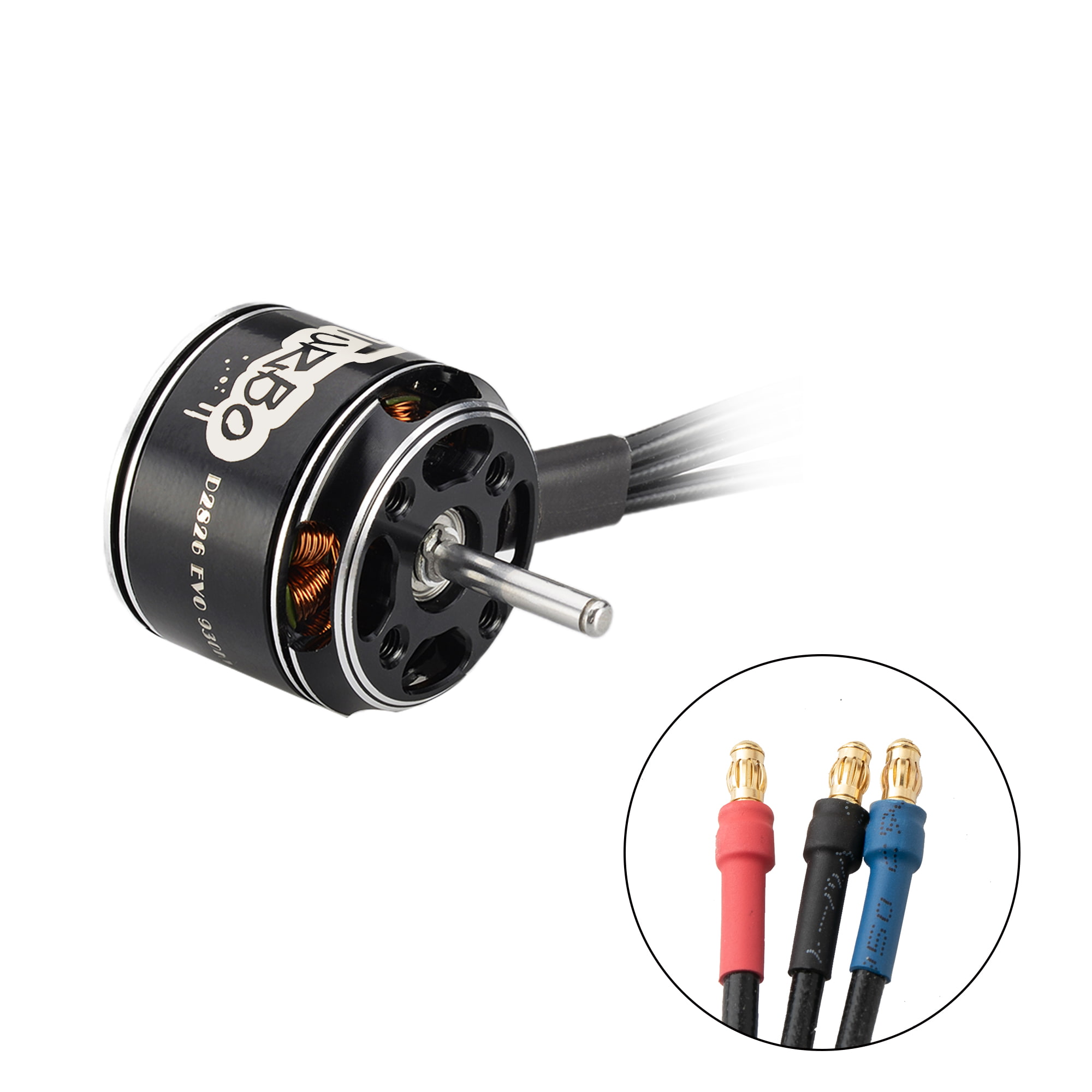Motor classification
Motors can be classified in various ways based on different criteria. Here are some common classifications of motors:Based on Power Source:Electric Motors: Motors that use electricity to generate mechanical power. They are widely used in various applications, including household appliances, industri......
Send Inquiry
Product Description
Motors can be classified in various ways based on different criteria. Here are some common classifications of motors:
Based on Power Source:
Electric Motors: Motors that use electricity to generate mechanical power. They are widely used in various applications, including household appliances, industrial machines, and electric vehicles.
Internal Combustion Engines: Motors that burn fuel internally to produce mechanical power, commonly found in cars, motorcycles, and other vehicles.
Based on Construction:
DC Motors: Motors that run on direct current and include brushed DC motors and brushless DC motors.
AC Motors: Motors that run on alternating current and include induction motors and synchronous motors.
Based on Motion and Structure:
Rotating Motors: Motors that produce rotational motion, such as electric motors used in fans, pumps, and electric vehicles.
Linear Motors: Motors that produce linear motion, used in applications like maglev trains and high-speed transportation systems.
Based on Application:
Industrial Motors: Motors used in industrial machinery, manufacturing processes, and automation systems.
Automotive Motors: Motors used in vehicles for propulsion, such as engine motors, electric motors in electric vehicles, and motors for various automotive components like power windows and windshield wipers.
Household Motors: Motors used in household appliances like blenders, washing machines, and vacuum cleaners.
Based on Control Method:
Stepper Motors: Motors that move in discrete steps, commonly used in precision positioning applications, robotics, and 3D printers.
Servo Motors: Motors that provide precise control over position, speed, and torque, often used in robotics, CNC machines, and automation systems.
Based on Efficiency:
High-Efficiency Motors: Motors designed to operate with reduced energy losses, leading to improved energy efficiency and lower operating costs.
Based on Environmental Impact:
Green Motors: Motors designed with eco-friendly materials and technologies to minimize environmental impact and energy consumption.
The classification of motors can vary depending on the industry or context in which they are used. Each type of motor has its own strengths, limitations, and optimal applications, making it essential to choose the appropriate motor for a specific use case.









